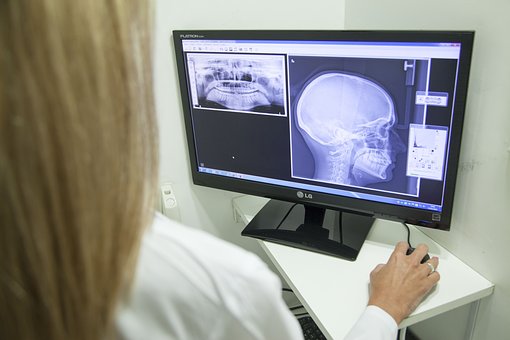
11 May Tips for Dealing with TMJ Pain
Often, our Laguna Hills dentist sees patients who are experiencing pain in their jaws, or more specifically, their temporomandibular joint, or TMJ. This pain is sometimes a come and go type of pain, while other patients report constant aching. Dealing with TMJ pain is frustrating and mood altering. So, let’s take a look at ways to manage the pain.
TMJ Disorder or Dysfunction
When your TMJ is not functioning properly and the result is pain and swelling, our Laguna Hills dentist refers to it as TMJ Dysfunction or TMJ Disorder. TMD, when diagnosed, is treatable in a variety of ways. Often we begin with the simplest course of action, only progressing to more invasive treatments when necessary. The temporomandibular joint is located just under your ears on both sides of your face. This joint connects your lower jaw bone to your skull as a hinge so your jaw can move up and down. When the joint becomes inflamed or damaged, TMD is the result.
Managing TMD Pain
Symptoms of TMD include jaw pain, swelling of the face, and headaches. The cause of TMD is diagnosed by our Laguna Hills dentist through x-rays, health history, and other inquiries. Genetics can play a part in TMD, as can arthritis and a recent or old injury. Our team works with you to understand the level of pain as well as the frequency. Commonly, we’ll start with an anti-inflammatory medication as well as some non-medicated routes. Applying a warm, damp cloth to the area for 20 minutes, followed by an ice pack for 20 minutes will aid in reducing swelling.
Dental Devices
If your pain is more apparent when you wake, the cause of your TMJ pain is possibly a result of clenching or grinding your teeth while you sleep. In this instance, our Laguna Hills dentist will fit you with a dental apparatus that relieves the pressure on your jaw joints as you sleep. When traditional treatment options still don’t alleviate the pain, we look to surgical techniques.
Why Prompt Attention to TMJ Pain Matters
When your TMJ hurts, it is an alarm from your body signifying that something is wrong. If your joints have shifted or become inflamed, your TMJ is probably overcompensating for a problem. Our goal is to diagnose and treat the issue as quickly as possible. Without proper treatment, your teeth and gums will pay the price.
If you wake up with joint pain in your jaw or experiencing TMJ pain day after day, give our office a call. We want to keep your smile looking great and eliminate any trouble that TMD will cause. Follow us on Facebook for more oral health topics and reach out to us regarding any questions you have about your own oral health.



